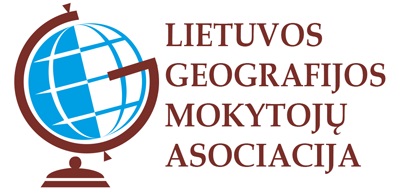Reading skills - THE MONARCHY AND THE MEDIA
Klausimas #1
THE MONARCHY AND THE MEDIA
The British Royal Family has never been more popular. One reason for that is the media. But some people think there's too much royal media reporting these days. Are they right? BRFD investigates.
In the eighteenth century there was a 'Court Newsman'. His job was to give official information to the newspapers about King George III and his family. Two hundred years later there isn't a Court Newsman any more, but there is a Press Office at Buckingham Palace. Seven people work there and it's their job to...
- answer letters
- talk to journalists
- arrange interviews / TV programmes, etc.
There's also a daily Court Circular.* This is a list of royal engagements and visits. Newspapers like The Independent and The Times print it every day. But other papers think that 'official' news isn't enough for their readers. Popular newspapers like The Sun, The Star and The Daily Mirror (as well as dozens of papers outside Britain) are more interested in royal gossip*. Illness, romance, drama, arguments, divorce, accident - what they want is scandal and sensation. Each of them has at least one full time 'Royal-watcher'. These reporters (and their photographers) follow the Royal Family everywhere. They also try to buy information from people who know or work for the Royal Family.
As well as newspaper stories, there's also a small industry in books and magazines about the Queen and her family. Hundreds appear every year. Some are good - many are bad, but almost all of them are popular.
One reason for their success is television. In the last twenty years there have been dozens of royal documentaries, series and interviews. These have changed the monarchy's image. Before the days of television the Royal Family seemed formal and distant. Today they seem informal and friendly. And that - more than anything else - is the secret of the Windsors' media success. They're still national symbols, but they're also 'stars', just like pop singers and Hollywood actors. The question is ... does modern media make the Royal Family too human? Or - to put it another way - is the monarchy losing its mystery?
Some people certainly think so. They're against TV programmes like 'Spitting Image', for example, where puppets of famous people -including the Royal Family - appear in comedy episodes.
So - have things gone too far? Is media reporting of the Queen and her family out of control? Can it sometimes even damage the monarchy? Perhaps - but one thing seems certain. Right or wrong, 'Royal-mania' is here to stay.
circular - (here) a newsletter addressed (originally) to a circle of people; gossip - rumours / talk (often unkind) about other people
Which statements are true (YES) and which are false (NO)?
Which statements are true (YES) and which are false (NO)?
Atsakymų variantai rodomi tik registruotiems sistemos eTest.lt vartotojams. Mokytojo registracija, mokinio registracija
Taškų skaičius už teisingą atsakymą: 1





